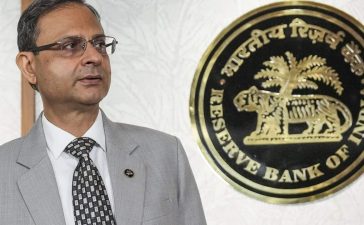Key events
Household energy bills to remain above pre-Ukraine invasion levels – oil boss
Good morning, and welcome to our rolling, live coverage of business, economics and financial markets.
Household energy prices may remain higher than the levels seen before Russia’s invasion of Ukraine as countries pay for the costs of the green transition, according to the boss of Equinor, one of the world’s biggest energy companies.
Anders Opedal, Equinor’s chief executive, said there will be “more and more normal prices in a couple of years’ time”.
Russia’s full-scale invasion of Ukraine in early 2022 roiled global energy markets, causing wholesale energy prices to surge. Those higher prices were quickly passed on to consumers across the world, causing inflation to accelerate and cutting the amount households have available to spend. However, analysts are hoping prices will fall back.
Yet Europe is going through a “rewiring” of its energy system, with a need for massively increased renewable energy investment, Opedal said in an interview on Monday with BBC Radio 4’s Today programme. The Norwegian state-owned oil and gas company is one of the dominant players in extracting polluting fossil fuels from the North Sea, but it has also invested a relatively small amount in renewable energy.
Opedal said:
We need to do the industry in a totally different way, maybe using hydrogen and so on. This will require a lot of investment and these investments need to be paid for, so I would assume that the energy bills may slightly be higher than in the past, but not as volatile and high as we have today.
We need to treat energy as something that is not abundant. It is actually something that has a lot of value, and we have had a lot of cheap energy in the past. We probably wasted some of it.
It’s a fairly quiet day on the economic data front, but we will bring you more shortly on Marks & Spencer’s plans to hire 3,400 more workers, and controversial sub-prime lender Amigo Holdings’ struggles to raise new investment.








